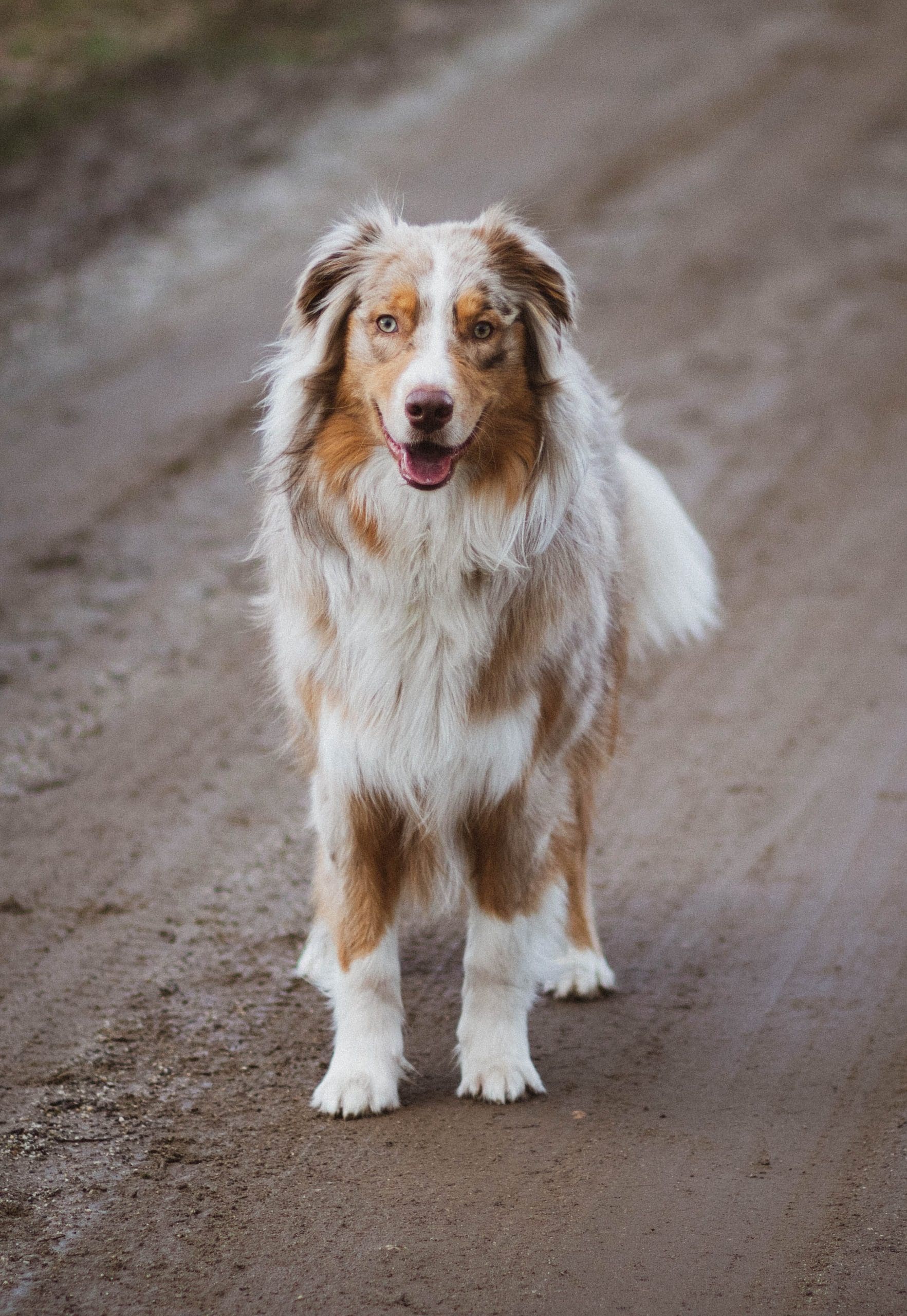When it comes to dog ownership, lifespan is a critical consideration. Every owner hopes for a long, healthy life with their furry companions, yet some breeds naturally have shorter lifespans than others. Recognizing which dogs tend to have the shortest lifespans is vital for responsible pet ownership, enabling potential owners to make informed choices and prepare emotionally for the realities of caring for a pet.
Breeds with Shorter Lifespans
Certain breeds are known for shorter life expectancies, typically ranging from 6 to 12 years. Factors influencing these lifespans often include genetics, size, and prevalent health issues. Generally, larger dogs tend to live shorter lives than smaller breeds, due to the greater stress their size places on their bodies.
Great Dane
The great dane is frequently cited as one of the breeds with the shortest lifespan, typically living between 7 to 10 years. Their size contributes significantly to their health challenges, including heart problems and hip dysplasia. Awareness of these health issues can help owners take preventative measures, such as regular veterinary check-ups and proper nutrition.
Mastiff
Mastiffs also have a limited lifespan, often living between 6 to 10 years. Like great danes, they are prone to obesity and related health issues. Maintaining a healthy weight through appropriate diet and exercise is crucial for these dogs. Although their time with families may be brief, their affectionate nature makes the experience deeply rewarding.
Boxer
Boxers have a lifespan of around 10 to 12 years, which, while longer than that of great danes or mastiffs, is still relatively short compared to many other breeds. They face health challenges such as cancer and heart conditions, necessitating regular veterinary care. Their playful demeanor brings joy to families, but potential owners should remain aware of possible health issues.
Bulldog
Bulldogs typically live around 8 to 10 years. Their distinctive build can lead to respiratory problems and other complications, particularly heat sensitivity. Owners must stay vigilant regarding their bulldog’s health, especially during warmer weather or strenuous activities.
Chihuahua
Chihuahuas are generally known for their longer lifespan, averaging between 12 to 20 years. However, individual health issues can affect longevity. Common concerns include dental problems and heart conditions, making regular veterinary visits essential. Despite their small size, chihuahuas often make significant impacts in their owners’ lives through strong bonds and companionship.
The Role of Mixed-Breed Dogs
Mixed-breed dogs often enjoy longer lifespans than their purebred counterparts, thanks to their genetic diversity. This variety can result in fewer health issues, contributing to their overall longevity. While some breeds may be recognized for their shorter lifespans, mixed breeds present unique traits and can be excellent companions for families.
Prioritizing Health and Well-Being
Understanding the potential lifespan of various breeds equips owners to navigate the joys and challenges of pet ownership. Awareness of health issues and the importance of regular veterinary care is vital. Investing time in learning about each breed’s needs can enhance the experience of dog ownership, regardless of lifespan.
Beyond physical health, mental well-being is crucial. Dogs, like humans, require mental stimulation and social interaction. Activities such as training, playtime, and social outings significantly improve a dog’s quality of life. Fostering a happy and engaged environment can enrich the lives of dogs, even if their time with us is limited.
Cherishing Every Moment
The bond between a dog and its owner is immeasurable, filled with playful moments and quiet companionship. Understanding that some breeds have shorter lifespans encourages owners to cherish the time spent together, making every day meaningful.
When considering a new dog, the long-term commitment involved should be a priority. While certain breeds may have shorter lives, the joy they bring can far outweigh the sorrow of their eventual passing. By creating a loving and healthy environment, owners ensure their pets lead fulfilling lives, regardless of the duration.
Every dog deserves love, care, and attention. By being informed about the potential health issues and lifespans of various breeds, prospective owners can make choices that suit their lifestyles while providing a loving home for a dog in need. The bond formed with a dog is a rewarding experience, and each moment spent together is a treasure, no matter how long that time may be.



